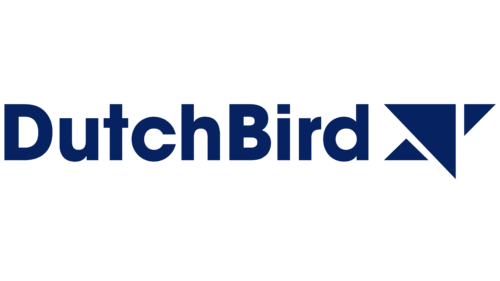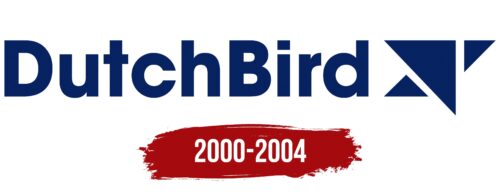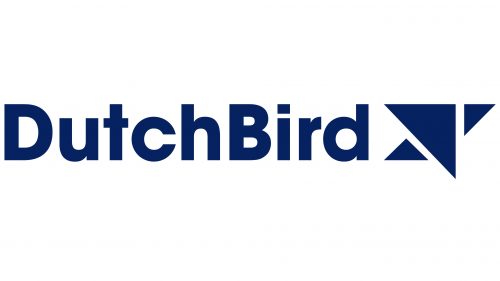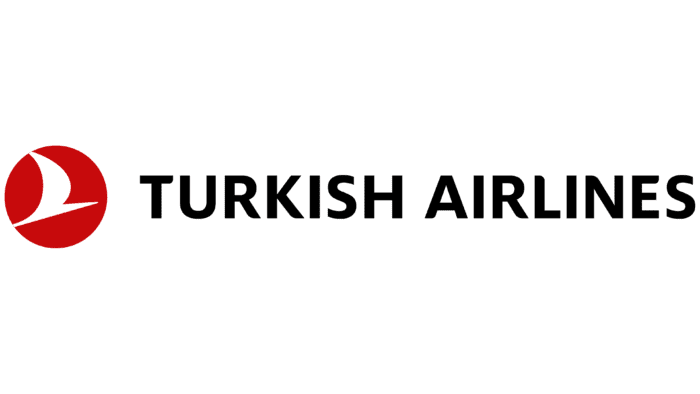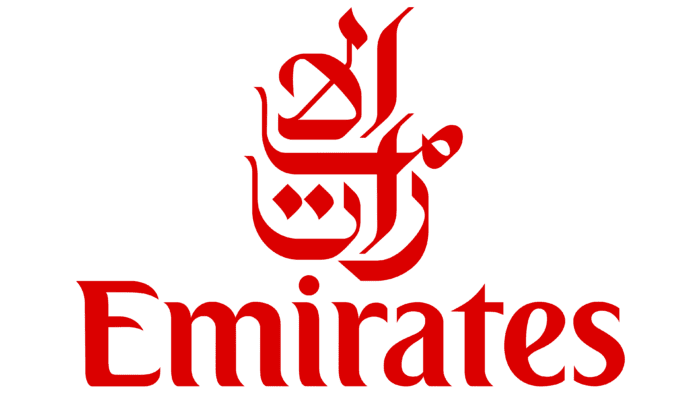DutchBird: Brand overview
In 2000, Dutch entrepreneur Hans Mosselman founded DutchBird, a new low-cost airline based in Amsterdam. The main goal of the airline was to provide affordable and low-cost flights from Amsterdam to various European destinations.
On November 22, 2000, DutchBird began operations with its first flight from Amsterdam to Munich. Starting its journey with a fleet of Boeing 737 300 aircraft configured entirely for economy class, the airline got off to a promising start.
Over the next two years, DutchBird gradually expanded its network throughout Europe, eventually serving more than a dozen destinations at its zenith. However, the aftermath of the September 11, 2001, terrorist attacks and increased competition from carriers such as easyJet and Ryanair created serious growth challenges for DutchBird.
Despite attempts at restructuring, DutchBird continued to make losses and remained a small competitor in the market. By December 2004, faced with accumulated debts and dim prospects, DutchBird was forced to cease operations after a four-year hiatus.
In its heyday, the airline carried more than 500,000 passengers annually on a network of low-cost European routes. DutchBird tried to introduce a low-cost transportation model in Amsterdam but eventually succumbed to stiff competition in the low-cost airline sector and the failing economics of its operations.
Meaning and History
What is DutchBird?
This is a Dutch charter airline based at Amsterdam Schiphol Airport. It provides customized and flexible flight solutions for tour operators, sports teams, corporate clients, and individuals. The airline operates a diverse fleet of narrow-body aircraft, such as the Airbus A320 and Boeing 737, which can be configured to meet the specific requirements of each flight, whether for group charters, VIP transport, or special events.
2000 – 2004
Designers crafted a simple logo for DutchBird that includes a minimalist inscription and a dark blue drawing. A legible sans-serif font was chosen for the company name. The bold, clean letters convey a sense of confidence and reliability. To the right, there’s a cubist-style bird illustration: two small triangles represent the tail and head, while one large triangle symbolizes the wing. This serves as a conceptual symbol related to flight.
The minimalist approach to the logo reflects a focus on functionality and clarity. The cubist bird illustration adds an artistic yet straightforward element to the brand, reinforcing the company’s core theme of flight. The dark blue color, associated with stability and depth, complements the overall sense of reliability.
